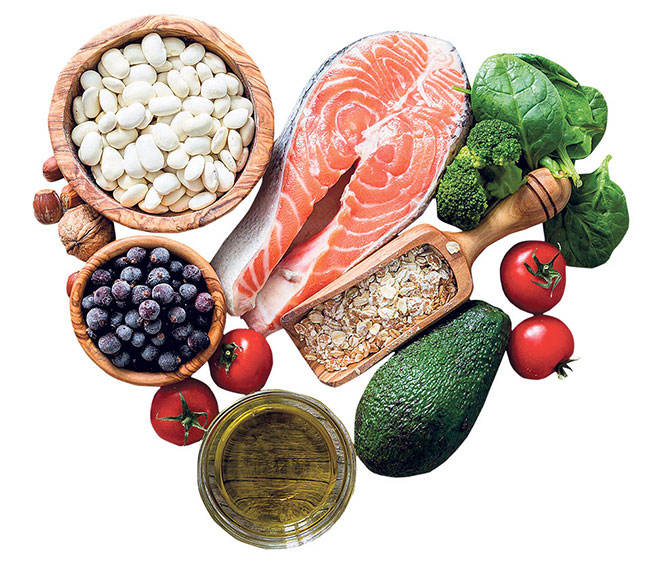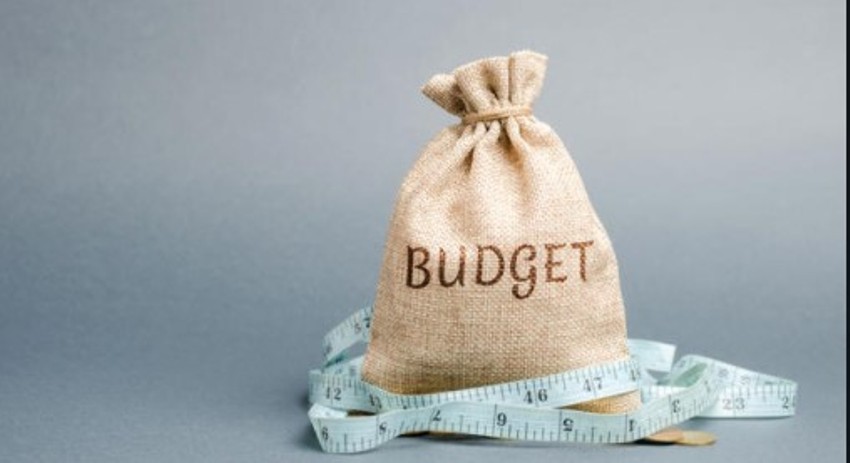
OR

Five things you shouldn’t do if you want to stay healthy and lose weight
We have all been there. Losing weight can be really difficult and sometimes, even when it feels like you are doing everything right, your clothes still fit the same, and the scale just won’t budge. But have your ever thought that you may actually be hindering your progress by following misguided or outdated advice? Like eating too few calories, or cutting down on an essential food group? We consulted experts and narrowed down the top five things that you could possibly be doing wrong while trying to lose weight.
Don’t #1: Exercise too much while cutting down calories.
Too much exercise, especially when you are eating fewer calories, is a sure shot way to slow down your metabolism. When you have a chronic energy deficit due to less calorie consumption, your body starts thinking that food is scarce and this results in your body holding on to fat as a way to protect itself. When you do not have enough calories coming in your body saves energy by reducing your body temperature and thus slowing your metabolism. It also turns down your digestive juices and makes your digestion weaker, reduces pulse, and slows your thyroid function resulting in less energy. These are all built-in survival responses by your body, to help you go longer on less food.
Also, more exercise might mean more calories burned but upping your activity level will likely make you hungrier and drive you to eat more. And piling extra food on your plate – even the healthy stuff – can easily erase that hard work you put in at the gym. Cut yourself off after an hour or two to ensure you are able to control your hunger.
Don’t #2: Cut down all possible sugar and fat.
While cutting sugars like high fructose corn syrup and fake sweeteners is great for weight loss, some people take this way too far and cut out truly nourishing sugar too. Don’t give up on fruits and honey though as cutting out sugar completely can send your metabolism into a tailspin, and also hinder your body’s natural ability to store glycogen, which is necessary to convert inactive thyroid hormone to the active form which is what actually keeps your metabolism’s motor running. Cutting out too many potassium-rich fruits and starchy vegetables can also significantly lower your potassium levels, which can really upset your thyroid function even more. And when your thyroid hormones are out of whack, then losing weight becomes next to impossible.
Also, foregoing all forms of fat, including healthy ones like olive oil and avocado, won’t just leave your food bland and tasteless, it can also make you sick. According to a recent analysis of studies, low-fat diets are completely ineffective for weight loss. Also, dietary fats do not make you fat. In fact, foods rich in heart-healthy omega-3 fats, such as walnuts, chia seeds, and salmon play an important role in weight loss. They help keep you satiated, can lower your LDL levels, and lower blood sugar. So don’t treat fat as your enemy.
Don’t #3: Weigh yourself.
Weighing yourself everyday won’t give you an accurate measure of weight loss as your weight is influenced by many things including how much food is in your system and fluid fluctuations. In fact, weight can fluctuate by up to two kilograms over the course of a day, depending on how much food and liquid you have consumed. Also, in women, increased estrogen levels and other hormonal changes can lead to greater water retention and that too can be reflected in scale weight. So don’t depend on the scale to track your weight loss. Measuring your waist with a tape measure and taking monthly pictures of yourself can reveal you are actually losing fat, even if the scale number doesn’t change much. And, if you absolutely have to hop on the scale, make sure you are doing it at the same time of the day and under similar circumstances. We recommend you weigh yourself once a week. Do it on the same day of the week, week after week, and early in the morning before you have had anything to eat.
Don’t #4: Drink diet soda.
Going from sugary, high-calorie soda to diet soda may seem like a good idea to help you shed some weight but diet beverages come with their own set of health risks. One long-term study published in The Journal of The American Geriatrics Society found that subjects who consumed artificial sweeteners (in diet soda and in other drinks, like coffee or tea) gained more weight and belly fat compared to subjects who skipped the stuff even without increasing their calorie intake.
Experts also believe it’s possible that the lack of calories causes diet-soda drinkers to overeat later for psychological reasons. They either feel unsatisfied and eat more to make up for it, or they think they saved on calories earlier by opting for diet soda which becomes a good justification for eating more. What’s worse is a study at Purdue University found that diet sodas may be linked to a number of health problems from obesity to diabetes to heart disease, just like their more sugary counterparts.
Don’t #5: Eat too often, even if you aren’t hungry
For many years, the conventional advice has been to eat every few hours in order to prevent hunger and a drop in metabolism. Unfortunately, eating too often can hurt your weight loss efforts as this can lead to too many calories being consumed over the course of the day. Eating when you are hungry and only when you are hungry seems to be key to successful weight loss. However, letting yourself get too hungry is also a bad idea. It is better to eat a snack than become ravenously hungry, which can cause you to make poor food decisions. The six small meals a day isn’t going to help you lose weight any more than three square meals a day will. The trick here is to eat when you are hungry, and eat slowly. Don’t simply eat because you have to or because the clock tells you to.

You May Like This

My three rules of fitness
I had always been a chubby girl and then, one day, I simply had enough of all the snide remarks... Read More...

The five rules of fitness
We all want to be fit and are always doing one thing or the other in our quest for fitness... Read More...

Fitness experts share their fitness resolutions
Making a resolution and promising oneself to improve some aspect of you from the first day of the year is... Read More...




Just In
- SC rejects writ petition filed against Home Minister Lamichhane
- Nepal and China sign two agreements in the presence of Finance Minister Pun
- Pun released on bail in Supreme Cooperative fraud case
- Govt should not look for enforcing populist budget for next FY: Former finance ministers
- DoFE requests relevant parties to provide essential facilities to foreign workers traveling abroad
- Foundation stone laid for building a school in Darchula with Indian financial assistance
- 151 projects to be showcased for FDI in Third Investment Summit
- Police disclose identity of seven individuals arrested with almost 2 kg gold and more than Rs 10 million in cash















Leave A Comment